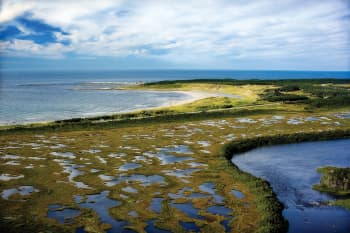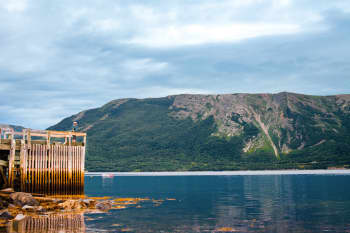Hooked On Change
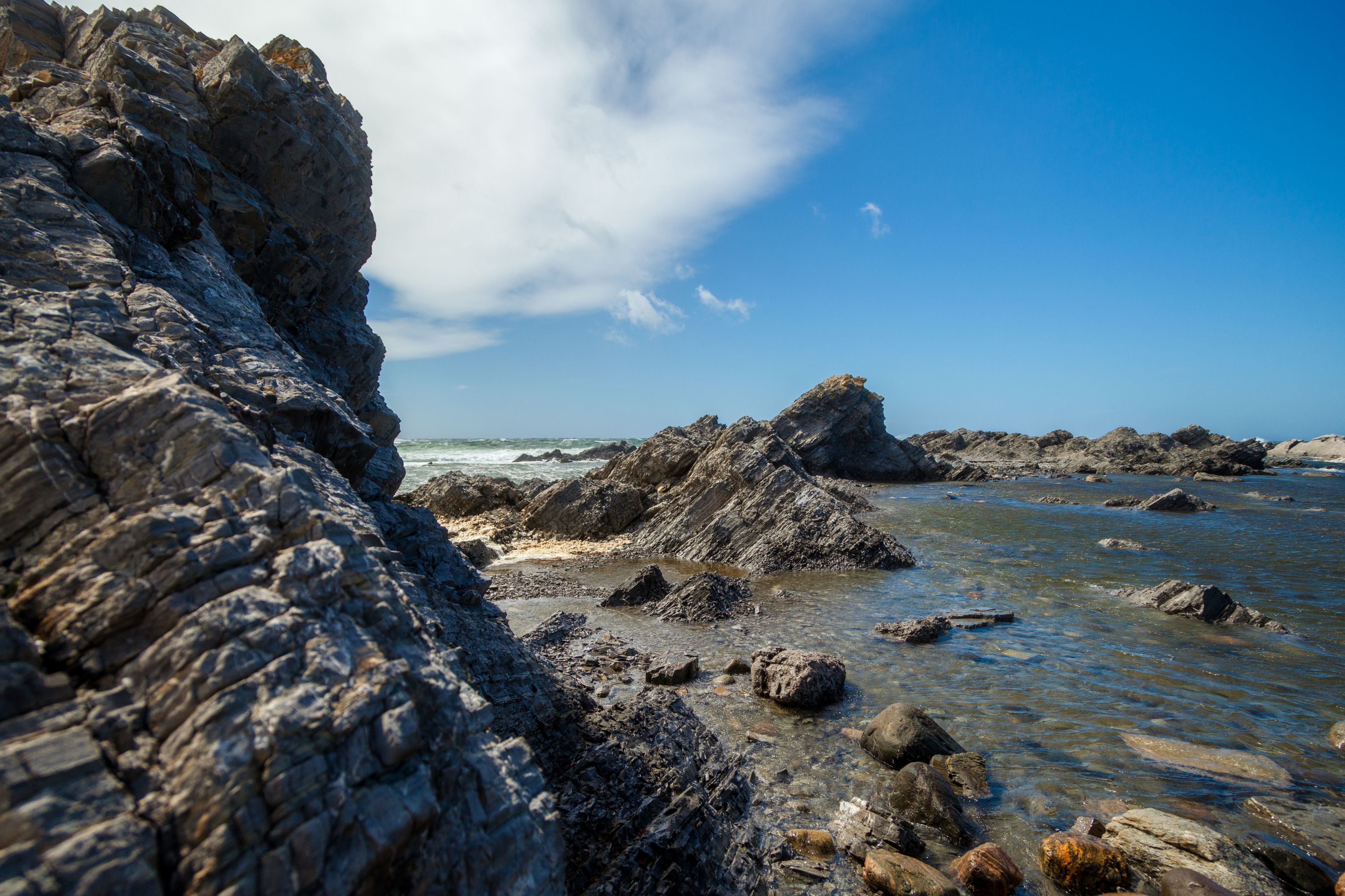
When Hurricane Fiona swept through the Atlantic provinces in September 2022, it devastated communities and destroyed homes. The overwhelming surge pulled entire fishing sheds into the ocean—and with them, thousands of pieces of fishing gear.
Floating in the ocean waters, this gear continued to ensnare marine life, with no one on the other end to catch or release.
"We call this ghost gear," says Rebecca Brushett, Executive Director of the Atlantic Healthy Oceans Initiative (AHOI) in western Newfoundland. "It refers to any abandoned, lost, or derelict fishing gear, and it's a ghost when it's in the ocean because it is still fishing. It is capturing and entangling everything from lobsters to crabs to all different types of species."
Working in partnership with some key organizations, such as the Canadian Centre for Fisheries Innovation, AHOI helped to remove more than 80,000 lbs of ghost fishing gear from Newfoundland waters in the first two years following Fiona.
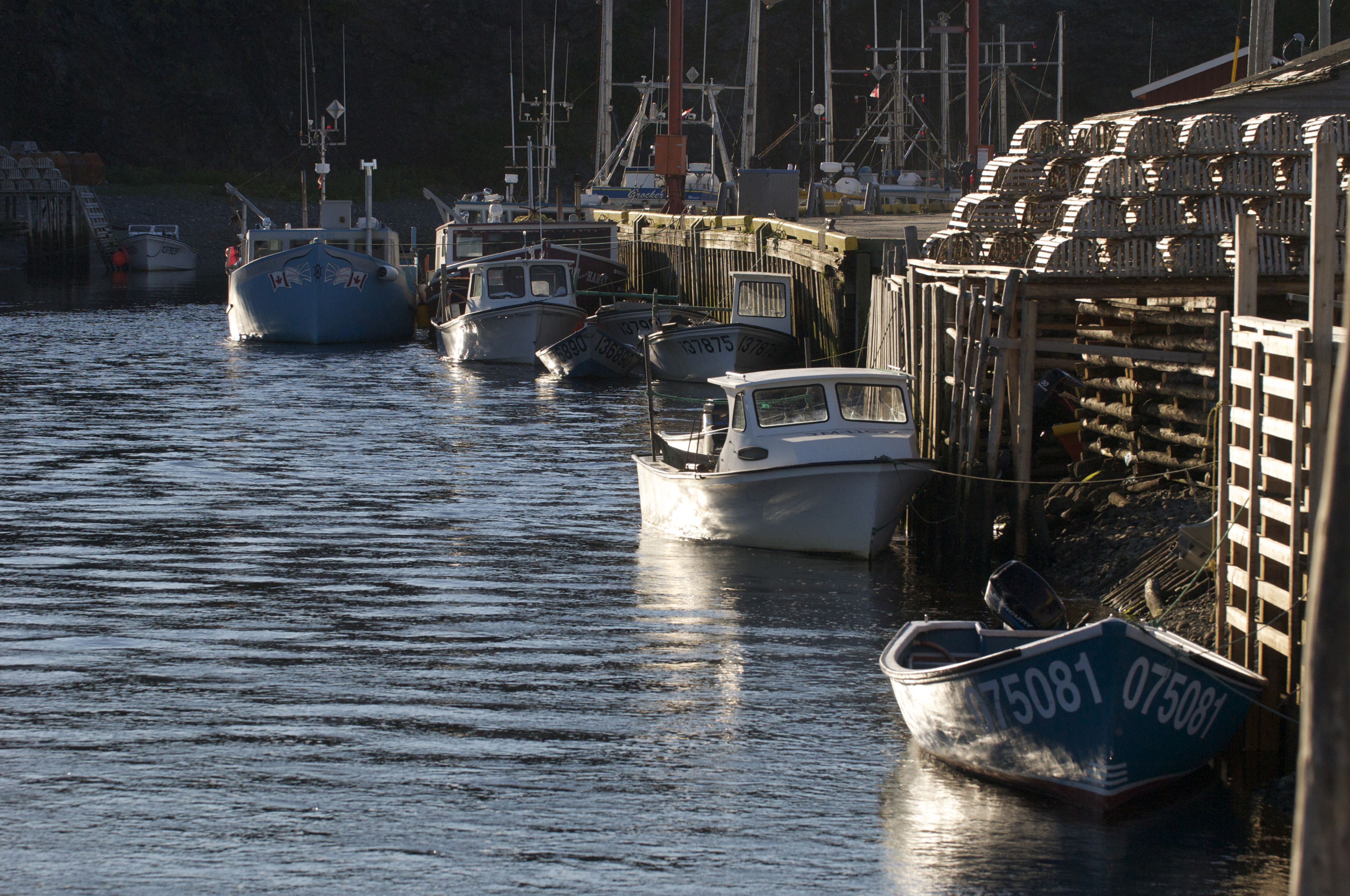
But this type of marine debris doesn't just occur after storms — it is a continual problem. Ghost gear, plastics and other pollutants continuously enter our oceans, posing a persistent threat to marine ecosystems.
This concern was a driving force behind Rebecca's founding of AHOI, a not-for-profit dedicated to ocean conservation and sustainable coastal communities in Western Newfoundland.
Since its inception in 2019, AHOI — powered by its dedicated staff and hundreds of volunteers — has cleaned and audited 37 kilometres of coastline and removed nearly 100,000 lbs of waste from beaches.
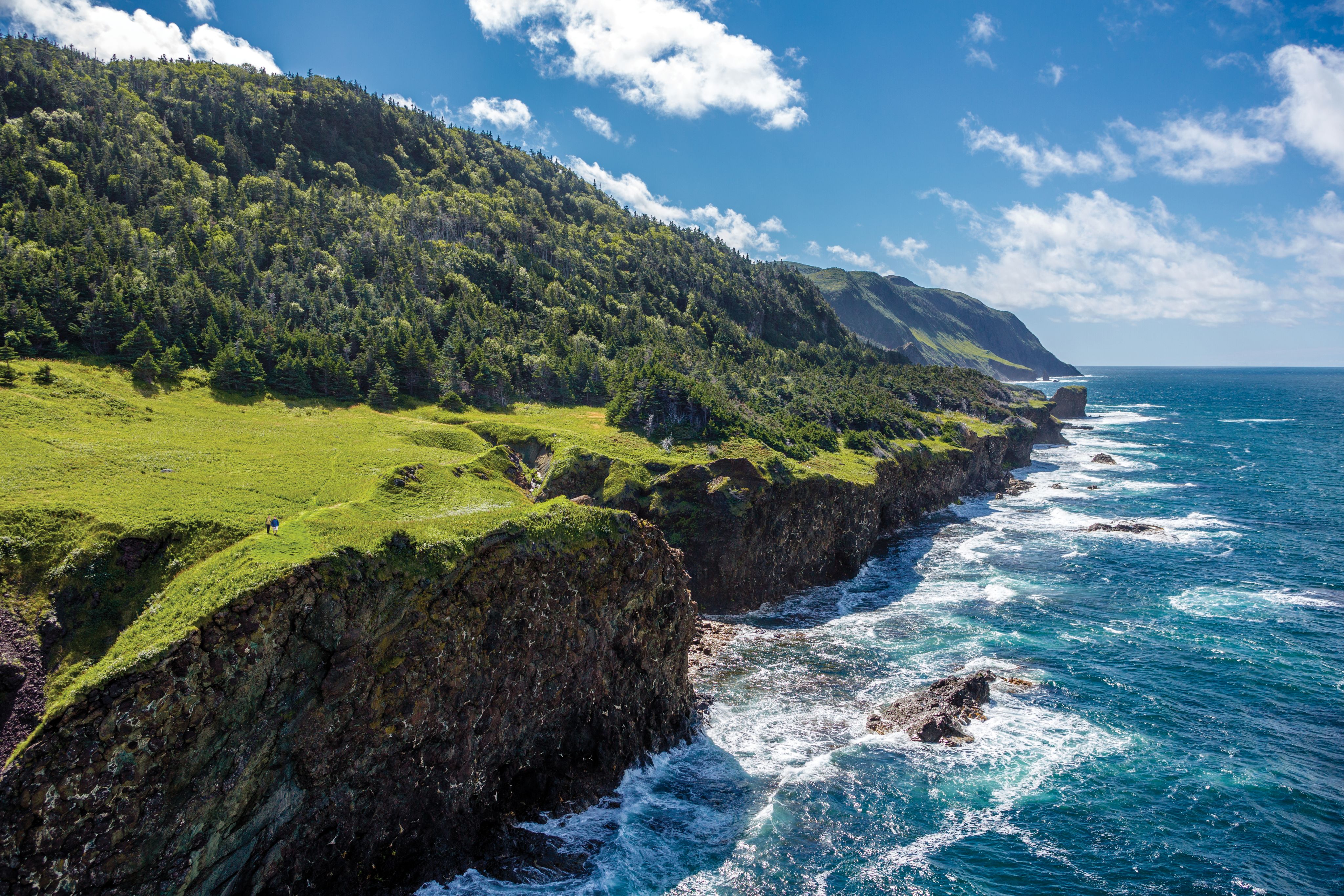
Rebecca, who holds a B.Sc. in Marine Biology, B.Ed. in Secondary Education and an MA in Environmental Policy, is passionate about sustainability and ocean health.
It is easy to see why, surrounded as she is by the world-renowned beauty of Gros Morne National Park and the seemingly unending views of the Atlantic.
Gros Morne National Park, a UNESCO World Heritage Site, is renowned for its stunning fjords, towering mountains, and rare geological formations that reveal Earth's ancient history. The park attracts hundreds of thousands of visitors.
Through AHOI, Rebecca worked with local businesses, many of which cater to these tourists, on a zero plastic waste initiative for Gros Morne. The goal: eliminate plastic waste at the source.
Having done waste audits during beach cleanups, AHOI knew takeout containers were a big source of marine debris (about 15% of all waste found on the shore).
"We conducted extensive research to find the most sustainable, not greenwashed, packaging alternatives that businesses could transition to," Rebecca said. "Then we offered subsidies to help them transition to these new types of products."
The initiative helped more than a dozen local businesses transition away from plastics.
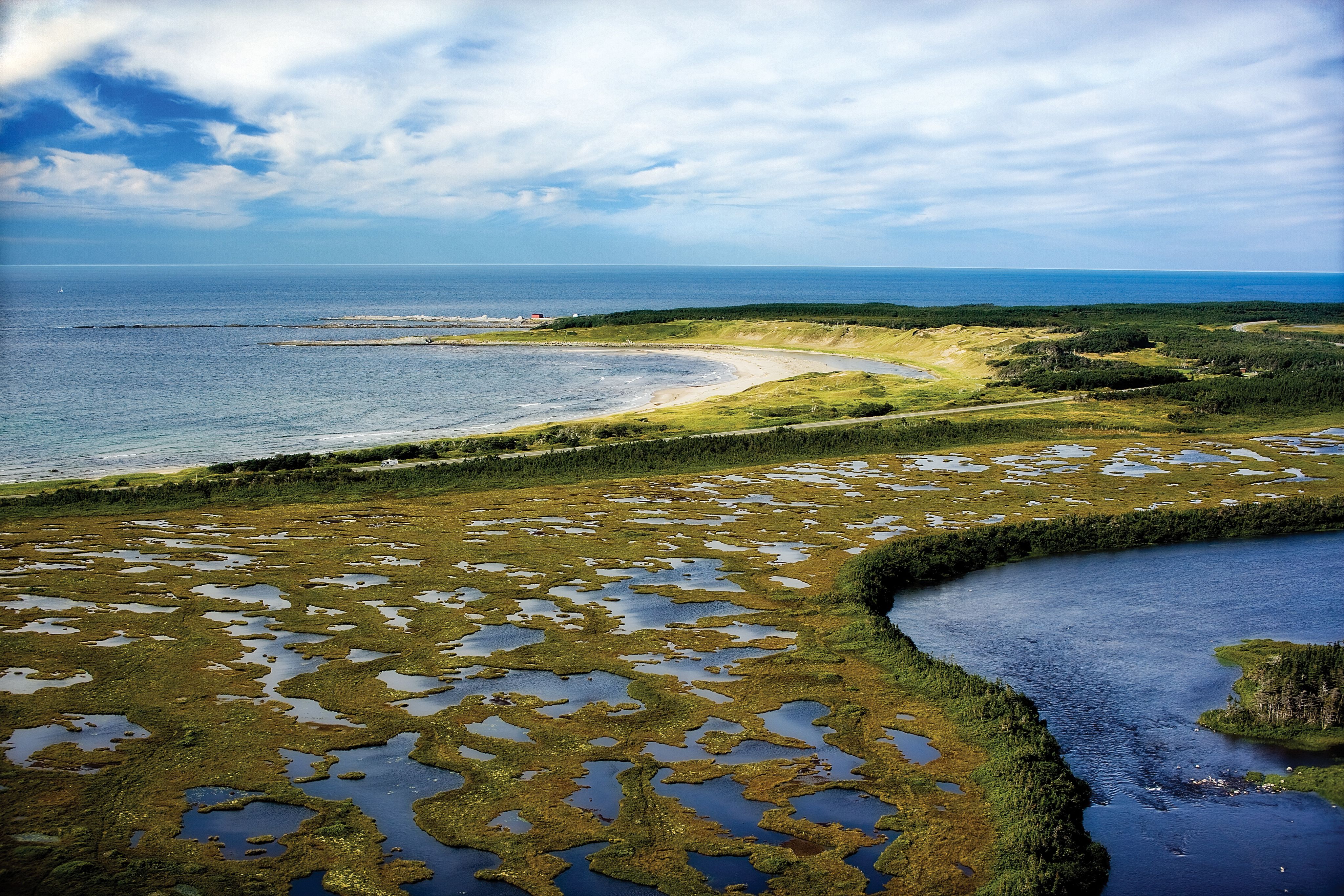
Rebecca is no stranger to the power of tourism and its economic importance to a place like Gros Morne — she and her husband, Ian Stone, are the duo behind Taste of Gros Morne (culinary experiences), Tour Gros Morne (adventure tours & activities) and the Gros Morne Inn.
The couple is continually working towards ways to lessen the associated environmental footprint, including diverting waste and working with sustainable food sources.
Their onsite restaurant, Taste, is only one of two Newfoundland restaurants that are Ocean Wise certified (the other is the Fogo Island Inn). This certification means that all seafood items used have been assessed and deemed to be sustainably caught or farmed, ensuring the long-term health of the species and the marine ecosystem.
"We would not be successful without a national park, without a healthy ocean," Rebecca says. "So, whatever we do in the tourism sector, we have to make sure that we leave this place better than when we got here."
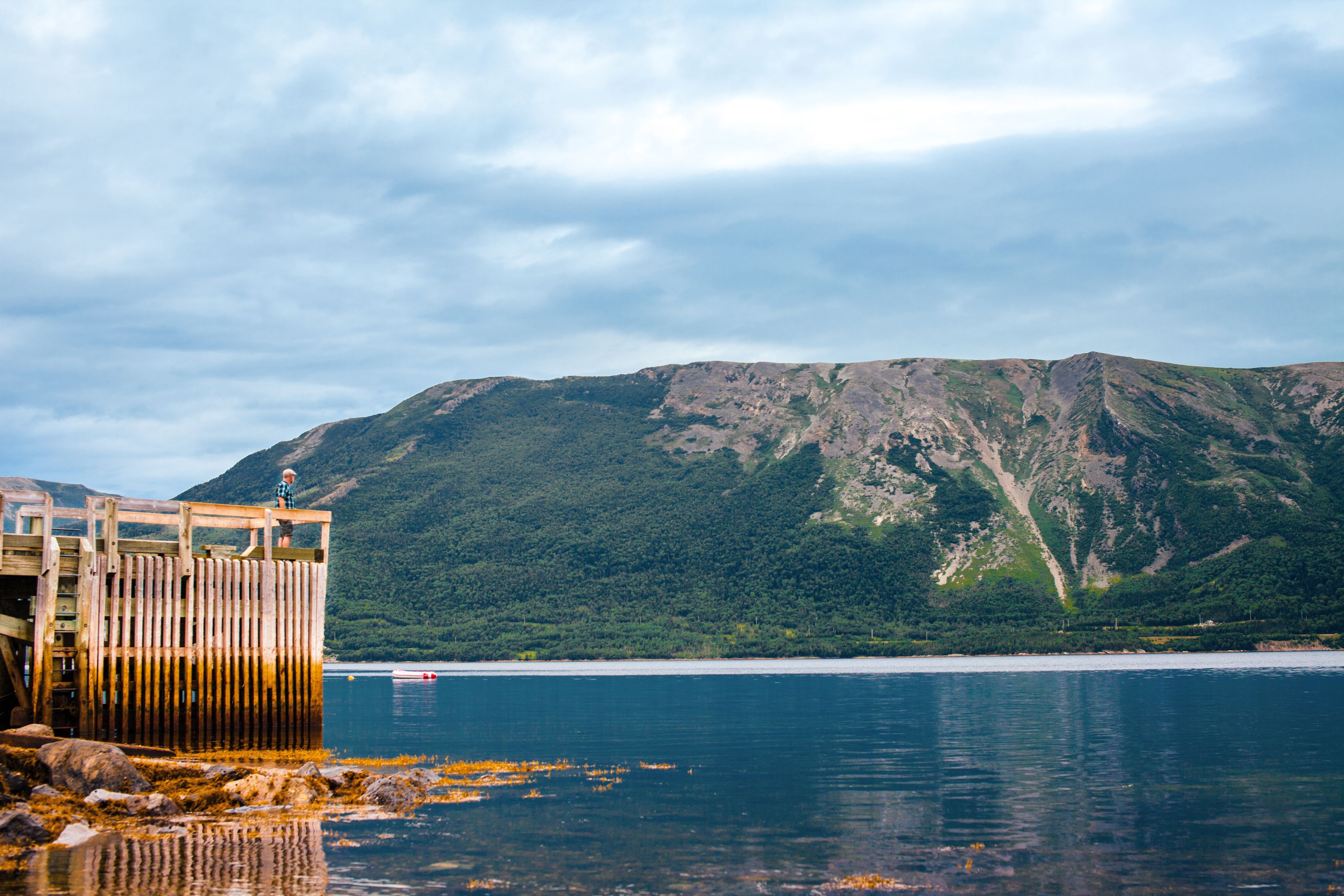
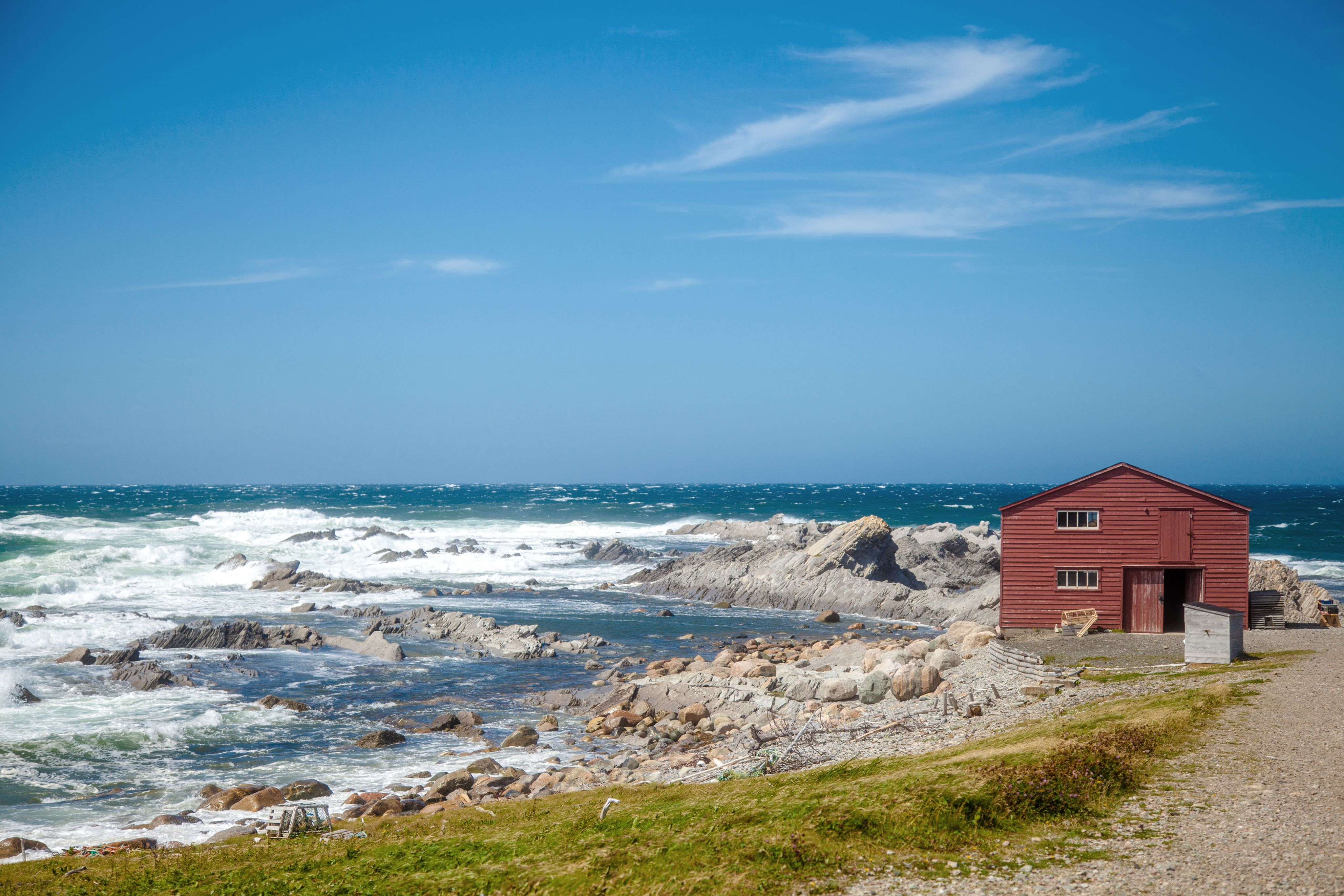
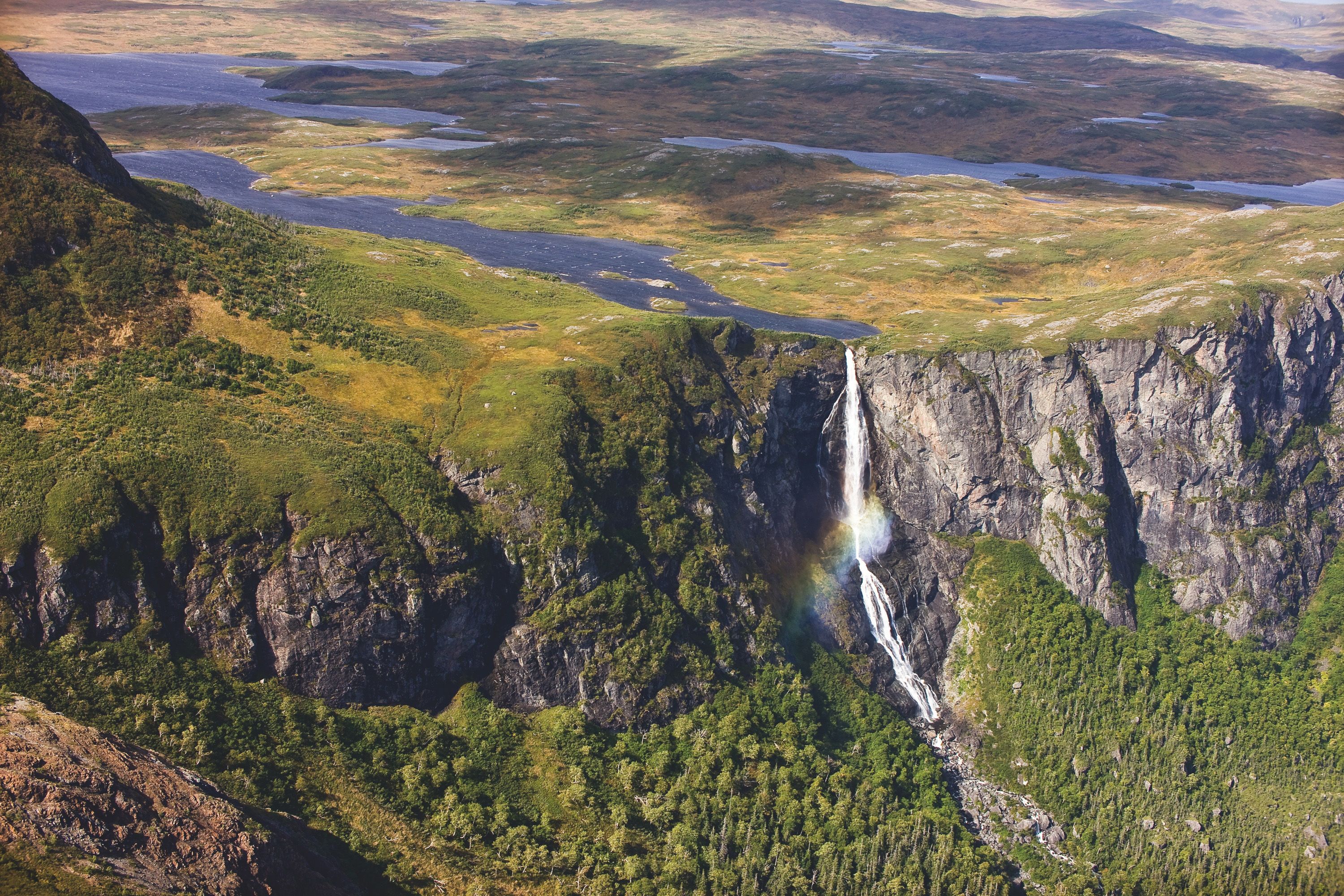
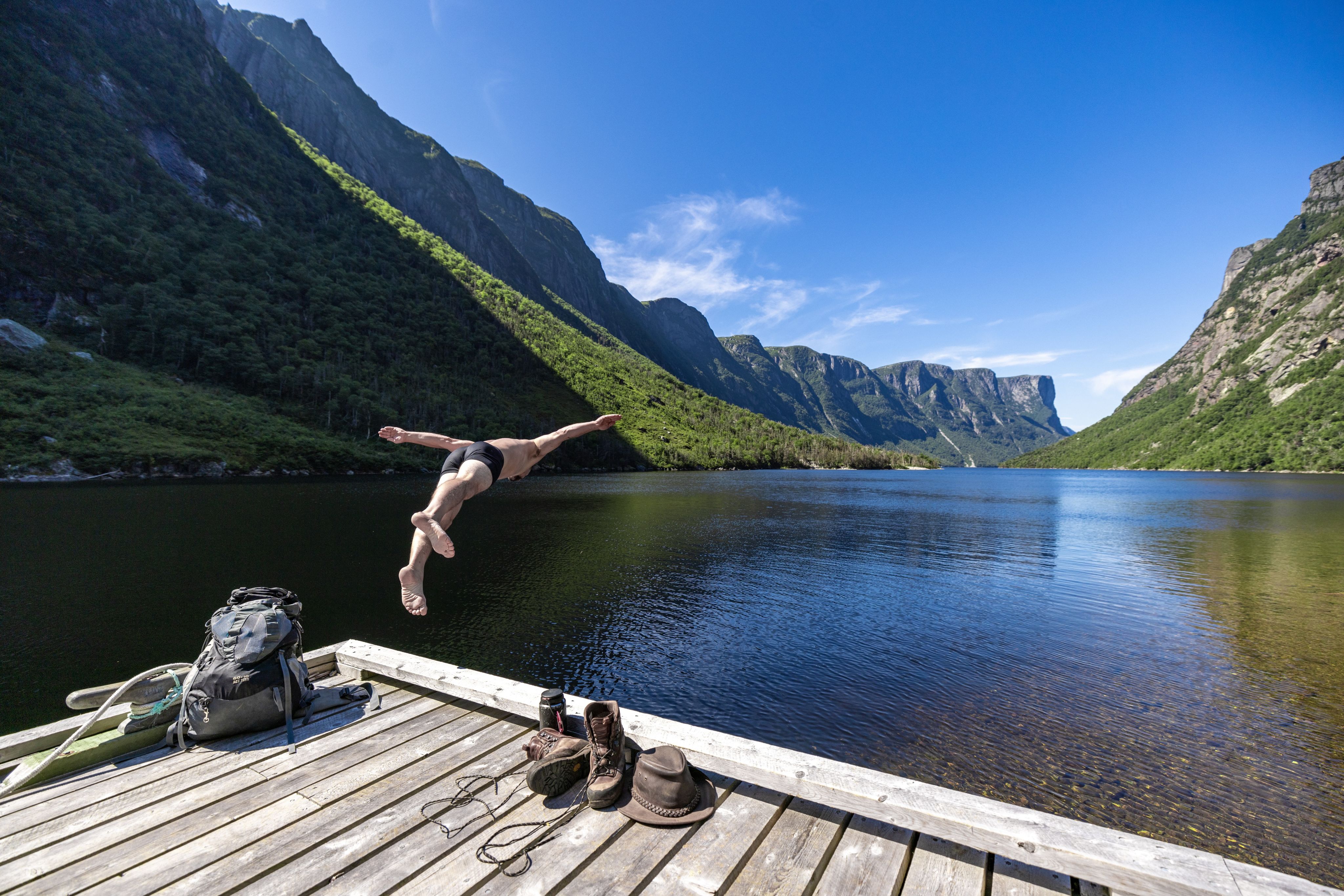
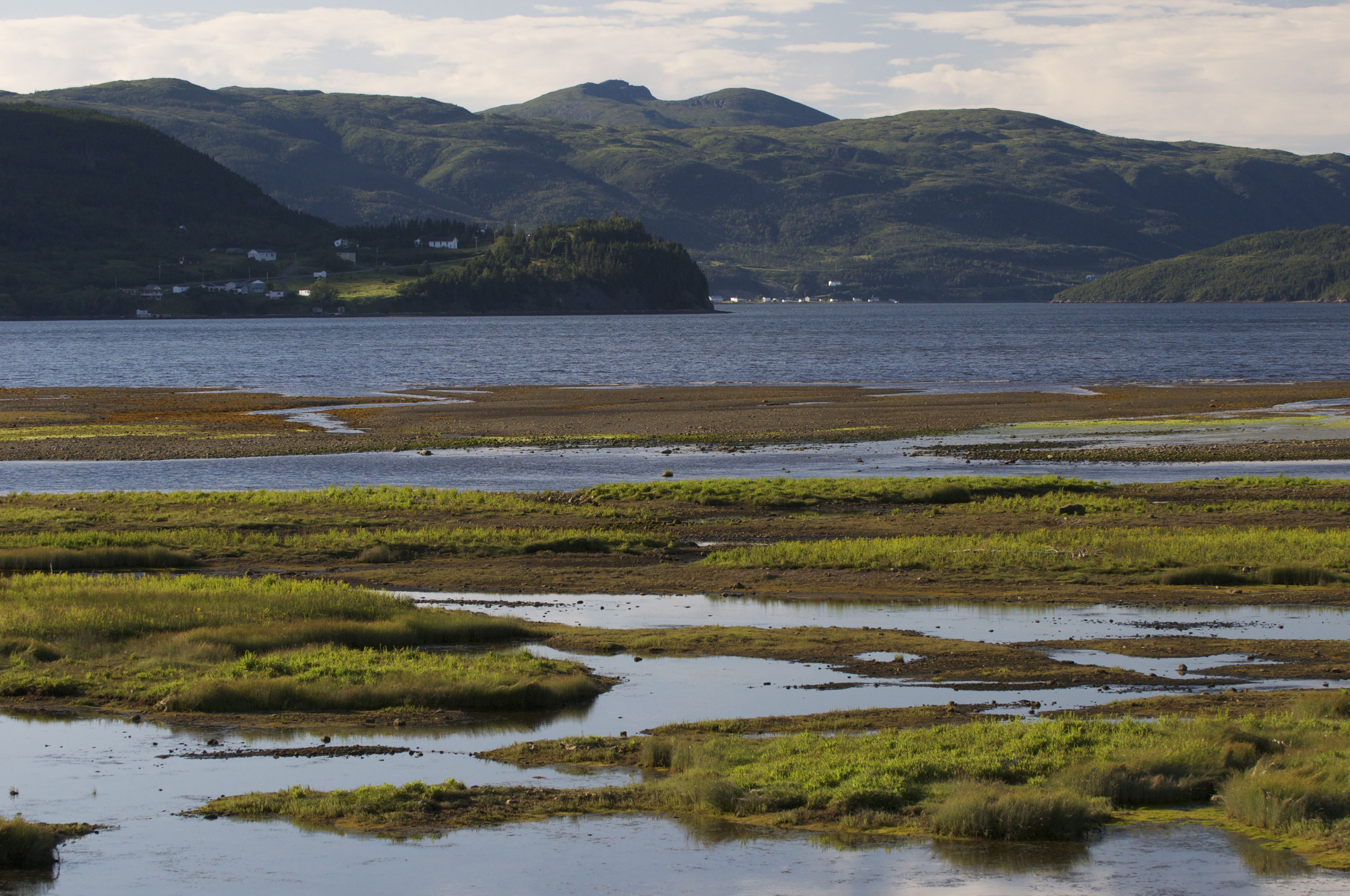
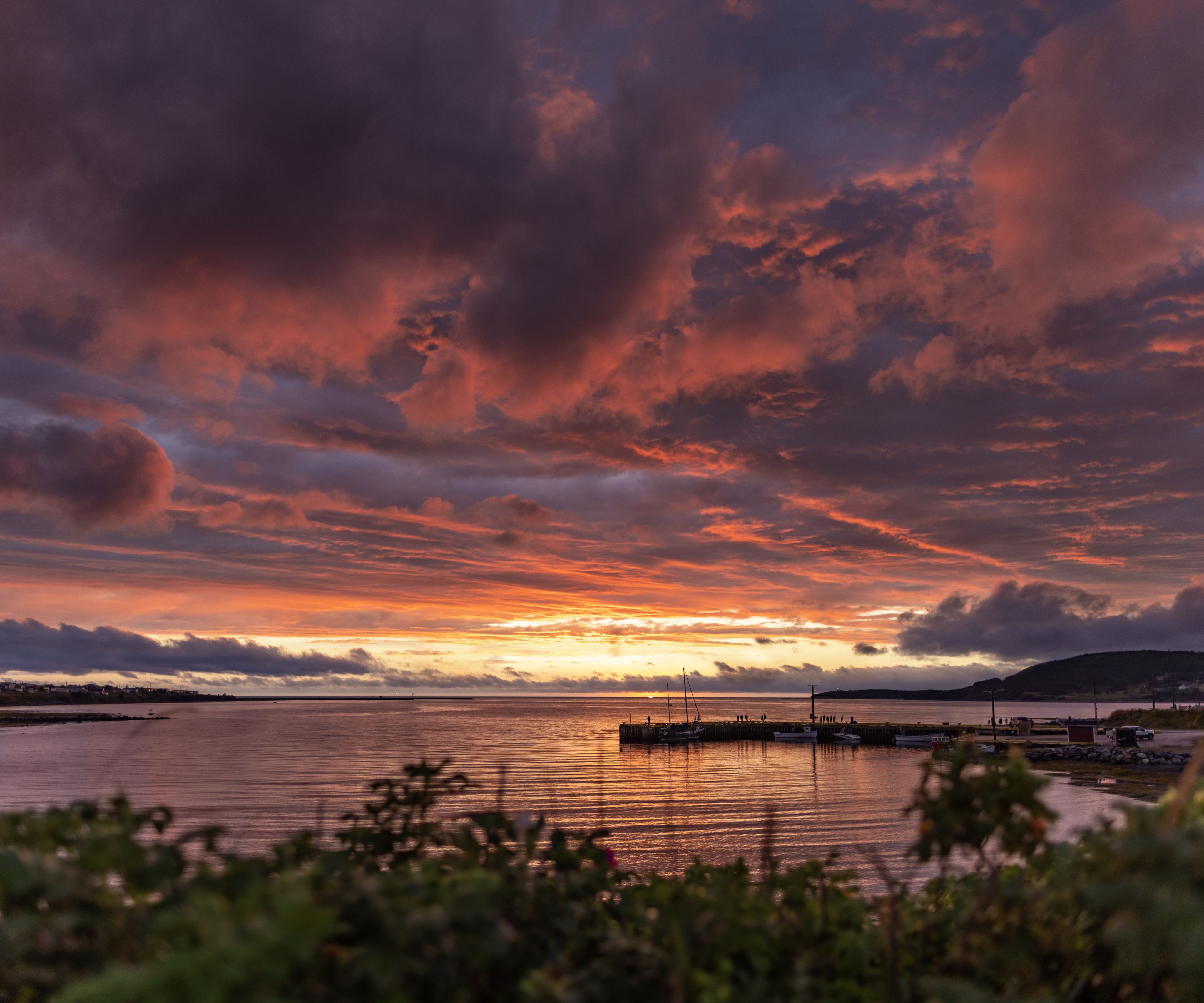
Rebecca understands that ocean conservation is crucial to the region’s identity.
Remember all those pounds of fishing gear that AHOI helped to pull from the water?
Being adamant about creating a circular economy, Rebecca wasn't content to just move that gear from water to landfill.
"We worked really hard on finding companies that actually recycled it," Rebecca said.
Crab pots and lobster traps were sent to a company in St. John's that reuses the metal. Some styrofoam was sent to Nova Scotia, where it is accepted for recycling, and they also found one company in New Brunswick that turned materials like fishing gear and rope into construction blocks to build houses.
"A lot of people visit Gros Morne for its terrestrial national park and rare geological features—we're a UNESCO World Heritage Site for that," she notes. "But because we’re a coastal park, the ocean is an undeniable presence. Whether people are kayaking, taking boat tours, or hiking to the summit of Gros Morne, what are they looking at? The ocean. It’s always there."
Through AHOI, Rebecca and her team are not only cleaning up the ocean but also redefining what it means to be stewards of the sea.
Their work is a testament to the power of community-driven conservation — turning crisis into action, waste into opportunity, and ensuring that Newfoundland’s marine ecosystems thrive for generations to come.

Canada. Crafted by Canadians.


